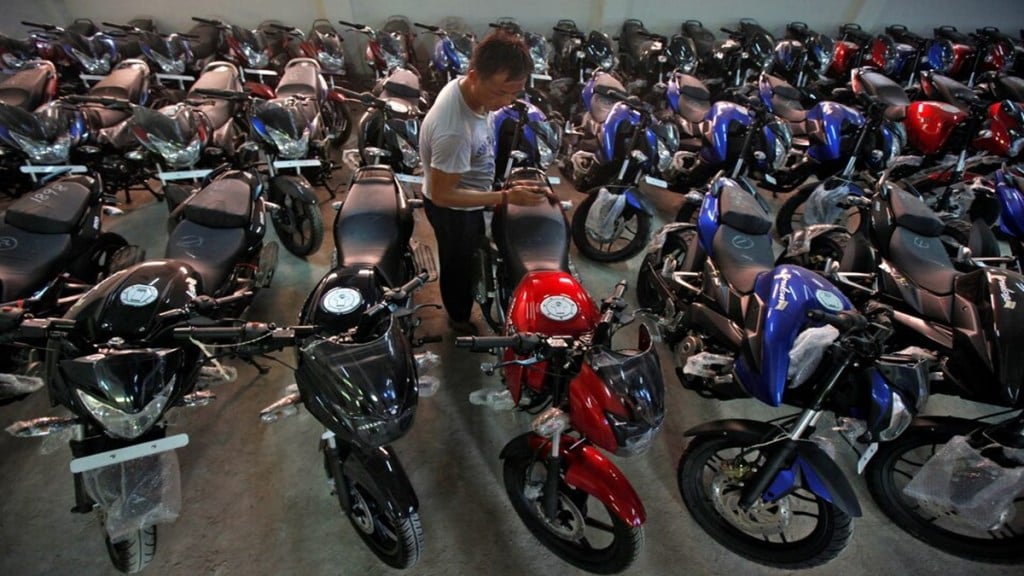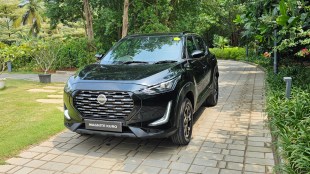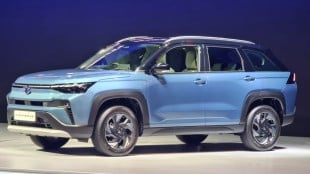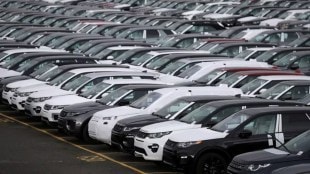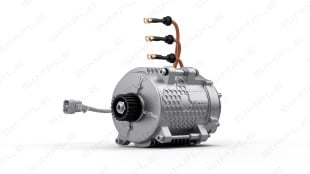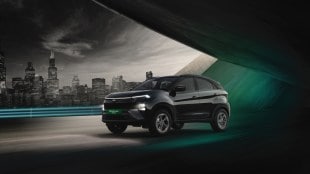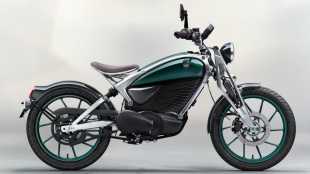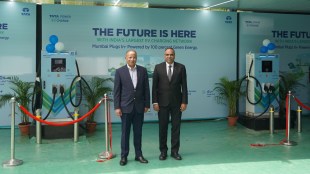If you are a Delhi resident still holding on to your petrol-powered two-wheeler, the clock is ticking. Starting August 15, 2026, fossil fuel-powered two-wheelers, including those running on petrol, diesel, as well as CNG, will no longer be allowed on Delhi roads, according to a draft electric vehicle (EV) policy 2.0 of the Delhi government.
The policy, which comes into effect from April 15, marks an aggressive shift in the Capital’s push towards electric mobility to tackle chronic air pollution. It is currently awaiting the Delhi Cabinet’s approval.
Private car buyers are not off the hook either. Under the new rules, any individual who already owns two registered vehicles will be required to purchase an EV if they wish to buy a third one. This clause will come into force as soon as the policy is formally notified.
According to industry data, Delhi accounted for 3% of the overall 26.2 million vehicles sold nationwide across categories in FY25. The city made up 2% of the 18.9 million two-wheelers and 0.7 million three-wheelers sold, while contributing 5% to the 4.1 million passenger cars sold during the year. In terms of EV penetration, the Capital stood at 12% of total vehicle registrations. EV adoption was highest in the three-wheeler segment at 53%, while two-wheelers and cars lagged behind at 6% and 4%, respectively.
Industry experts said the state government would face serious implementation hurdles. Nearly half the vehicles operating on Delhi roads are registered in nearby cities like Noida, Faridabad, Ghaziabad, and Gurgaon — areas that fall within the National Capital Region but are outside Delhi’s legal jurisdiction. Experts said that without a coordinated regional approach, the policy may not fully succeed in curbing vehicular emissions within the Capital.
The policy also bars registration of new CNG auto-rickshaws from August 15, 2025, and ends the renewal of permits for existing ones. Only electric autos will be permitted post that date.
Older CNG autos, those over 10 years, must either be decommissioned or retrofitted with electric kits. Similarly, three-wheeler goods carriers powered by fossil fuels will also be phased out starting August 2025.
Government fleets are also being targeted in this electrification drive. The policy mandates that all solid waste management vehicles operated by the Municipal Corporation of Delhi, New Delhi Municipal Council, and Delhi Jal Board must go electric by December 31, 2027. Public transport agencies like the Delhi Transport Corporation (DTC) and Delhi Integrated Multi-Modal Transit System (DIMTS) will transition to procuring only electric buses for city use, while BS VI-compliant vehicles will be used for inter-state services.
